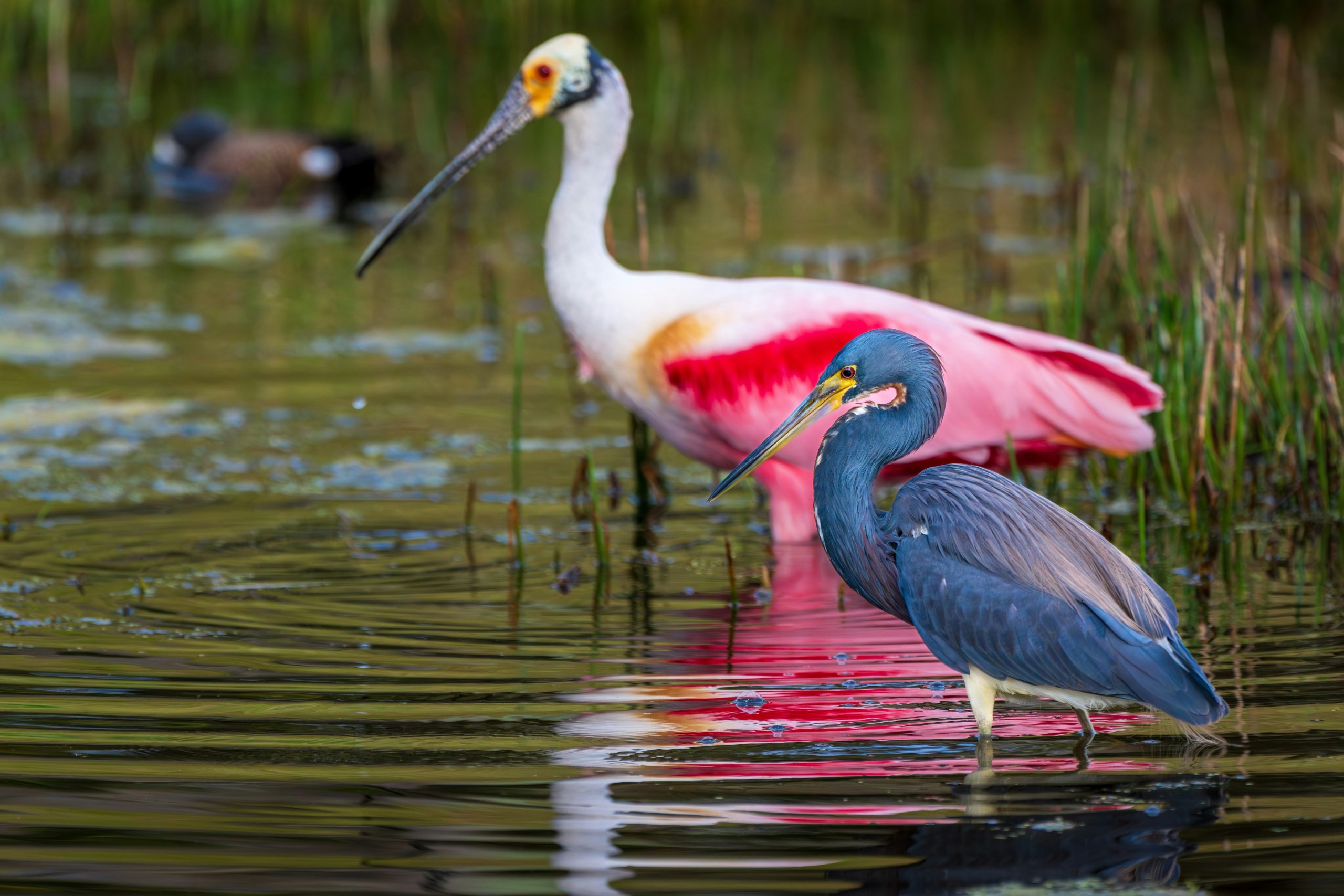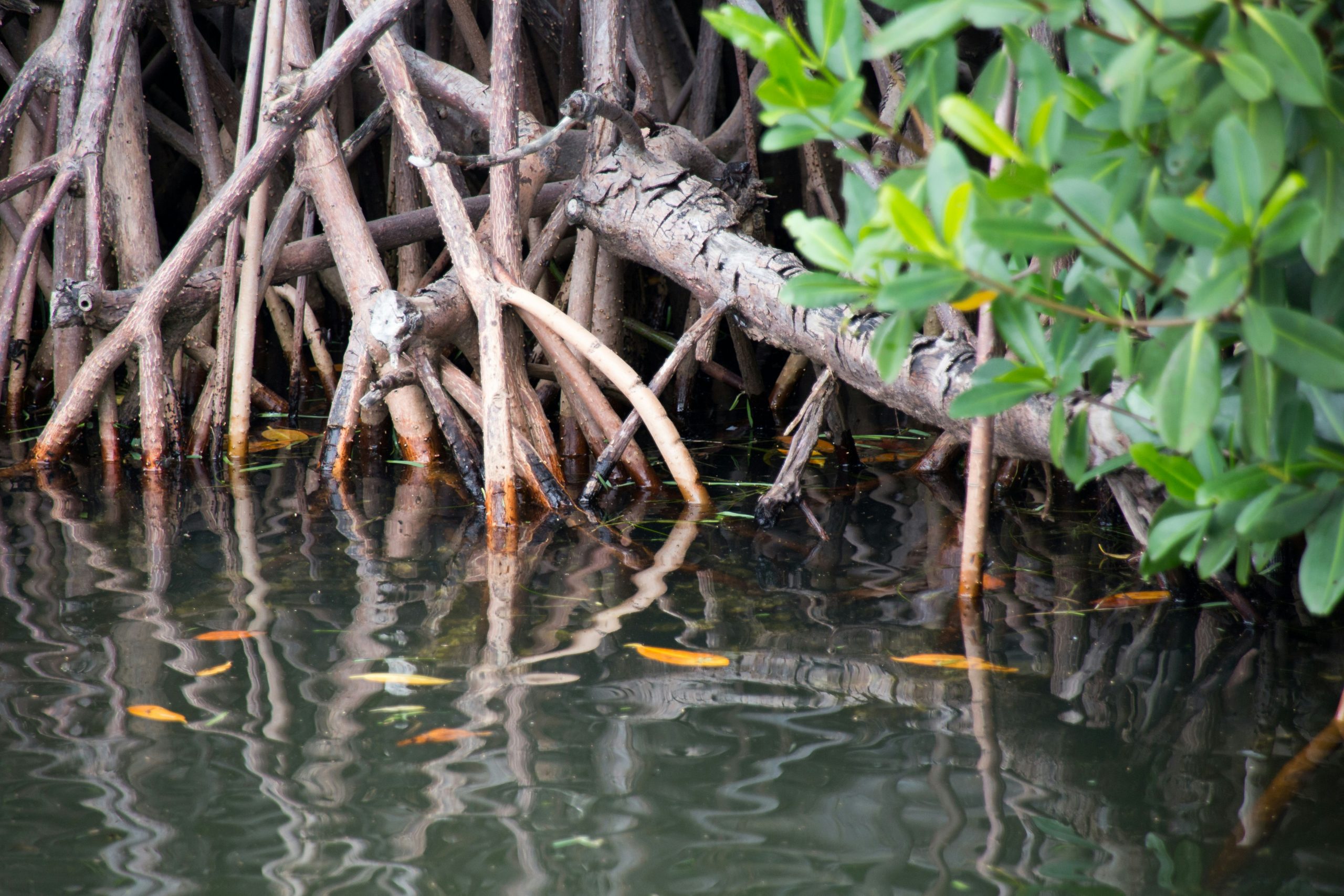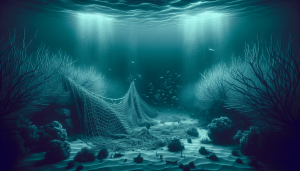Wetlands are more than just scenic landscapes; they are vital ecosystems brimming with life and opportunities. In our journey to understand the importance of these natural wonders, we’ll uncover how they support biodiversity, regulate the climate, and protect our communities from natural disasters. Let’s dive into the many benefits of conserving wetlands and see how they play a crucial role in our world.
By conserving wetlands, we not only preserve habitats for countless species of plants and animals but also enhance our own lives. Wetlands act as natural water filters, improving water quality by trapping pollutants and sediments. They serve as buffers against flooding and erosion, safeguarding our homes and livelihoods. Additionally, these ecosystems store carbon dioxide, helping to mitigate the effects of climate change. By working together to protect and restore wetlands, we ensure a healthier, more resilient environment for ourselves and future generations. Have you ever wondered what the benefits of conserving wetlands truly are? Wetlands are often viewed as just swamps or bogs, but they play a far more crucial role in our environment and daily lives than many of us realize. Let’s dive into the many reasons why conserving these unique ecosystems is more important than we might think.
What Are Wetlands?
Wetlands are areas where water covers the soil, or is present either at or near the surface of the soil all year or for varying periods during the year, including during the growing season. The presence of water, the unique soil characteristics, and the life forms adapted to wet conditions make wetlands distinct and valuable ecosystems.
Types of Wetlands
There are several types of wetlands, each with its specific features and benefits:
| Wetland Type | Description |
|---|---|
| Marshes | Characterized by herbaceous plants and are often found at the edges of lakes and rivers. |
| Swamps | Dominated by woody plants like trees and shrubs. These are often found in floodplains or near large bodies of water. |
| Bogs | Formed in old glacial lakes with a lot of peat and acidic water. They typically have mosses as the predominant vegetation. |
| Fens | Similar to bogs but less acidic and richer in nutrients. They tend to have a diverse plant life, including grasses and wildflowers. |
The Ecological Benefits of Wetlands
Biodiversity Hotspots
Wetlands serve as habitats for a wide range of species, some of which are rare or endangered. By conserving wetlands, we help protect these species and maintain biodiversity. Wetlands are often teeming with various birds, amphibians, insects, and plants that rely on this unique ecosystem for survival.
Natural Water Purifiers
Wetlands act as natural water purifiers, filtering out pollutants and sediments from water before it reaches rivers, lakes, and groundwater. This process helps maintain water quality, making it safer for us and the wildlife that depend on these water sources.
Carbon Sequestration
Wetlands are incredibly efficient at capturing and storing carbon dioxide, making them valuable allies in combating climate change. The plants and soils in wetlands absorb carbon, which helps reduce the amount of CO2 in the atmosphere.

The Economic Benefits of Wetlands
Flood Control
Wetlands act as natural sponges, absorbing and storing excess rainfall and reducing the risk of floods. This not only protects communities and infrastructure but also saves money on flood mitigation measures and repairs.
Water Supply
Many wetlands are sources of fresh water. By conserving these areas, we help ensure a steady supply of clean water for drinking, agriculture, and industrial use.
Fisheries and Recreation
Wetlands support a variety of fish species, which are vital to commercial and recreational fisheries. Additionally, these areas offer numerous recreational opportunities such as bird watching, fishing, and hiking, contributing to local economies through tourism.
The Social Benefits of Wetlands
Cultural and Recreational Value
Wetlands often hold cultural significance for indigenous communities and offer recreational opportunities that improve our quality of life. By conserving wetlands, we preserve these cultural heritages and provide spaces for recreation and education.
Educational Opportunities
Wetlands provide excellent opportunities for education and research. Scientists, students, and educators can study these ecosystems to learn more about biodiversity, ecology, and environmental science.

Challenges in Wetland Conservation
Urban Development
Urban expansion is one of the biggest threats to wetlands. As cities grow, wetlands are often drained or filled in to make way for new developments. Balancing urban growth with wetland conservation is crucial for sustainable development.
Pollution
Pollution from agricultural runoff, industrial waste, and urban areas can severely impact the health of wetlands. Efforts to reduce pollution are essential for the conservation of these vital ecosystems.
Climate Change
While wetlands help mitigate the effects of climate change, they are also vulnerable to its impacts, such as rising sea levels and changing weather patterns. Protecting wetlands requires a comprehensive approach that addresses both conservation and climate change adaptation.
How We Can Help Conserve Wetlands
Support Conservation Programs
Many organizations are dedicated to wetland conservation. Supporting these programs through donations, volunteering, or advocacy can make a significant impact.
Sustainable Practices
Adopting sustainable agricultural, industrial, and urban development practices can help reduce the pressure on wetlands. This includes using fewer chemicals, reducing water usage, and planning developments that avoid wetland areas.
Raise Awareness
Educating others about the importance of wetlands and the threats they face is crucial. The more people understand and care about these ecosystems, the more support there will be for their conservation.

Conclusion
The benefits of conserving wetlands are undeniable. From maintaining biodiversity and improving water quality to providing economic and social benefits, wetlands play a crucial role in our environment and lives. By understanding these benefits and the challenges we face, we can take meaningful steps towards preserving these vital ecosystems for future generations. So, next time you’re near a marsh, swamp, bog, or fen, take a moment to appreciate the wonders and benefits they offer—and consider how you can contribute to their conservation.



